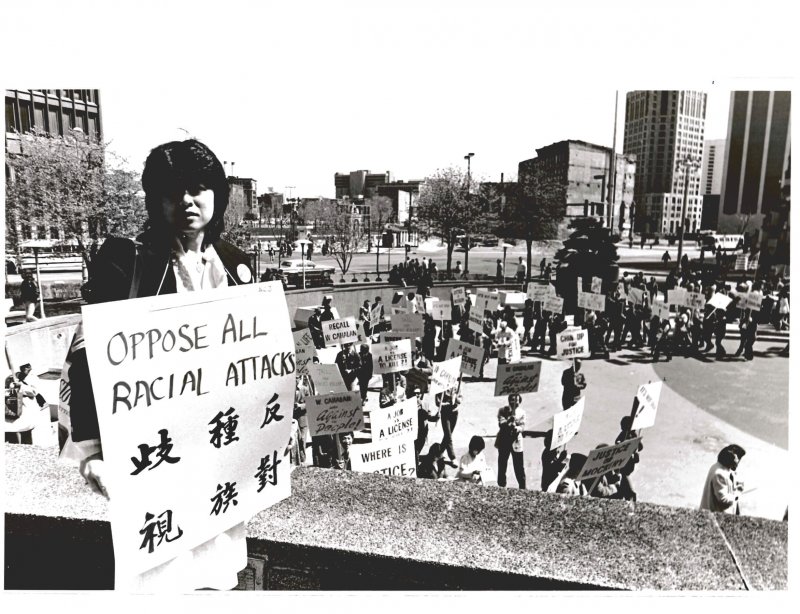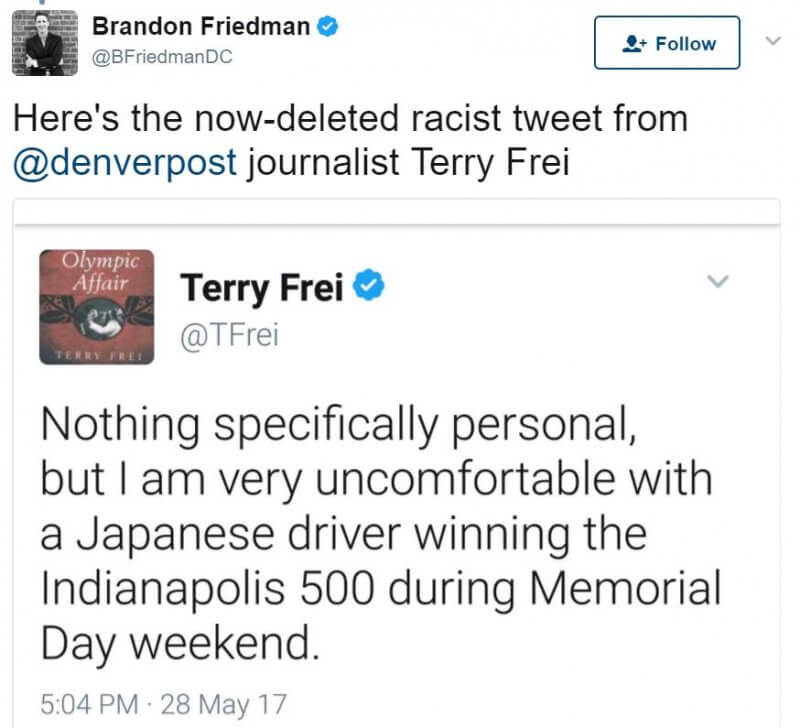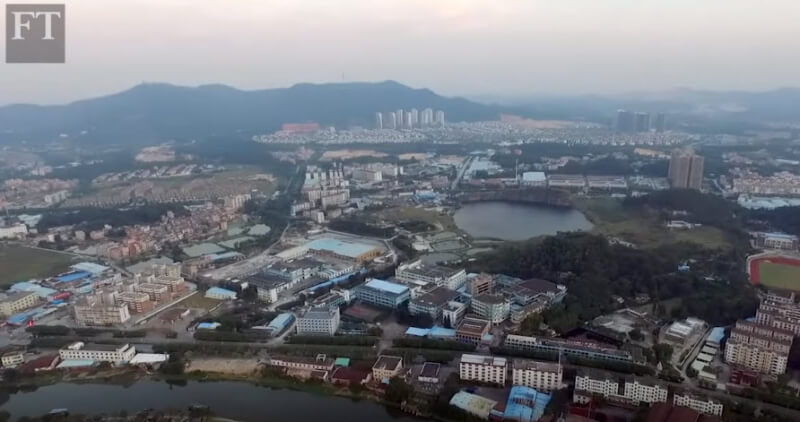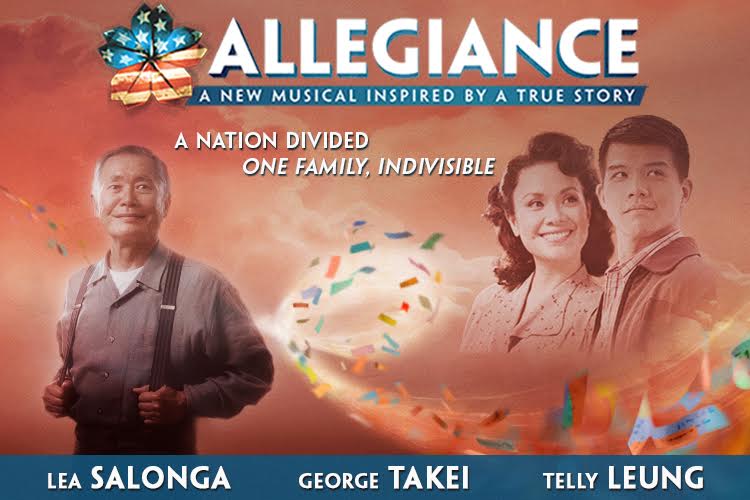The recent 72nd anniversary of the bombing of Hiroshima went by quietly on American news (in part because there’s just so much news to cover exploding out of our own White House). So on Aug. 6 I turned to the one place I knew would give the commemoration of the bombing its due coverage: NHK World, Japan’s English-language public television network.
NHK World didn’t disappoint. The network aired live the annual solemn ceremony at the Hiroshima Peace Memorial Park that included dignitaries including Kazumi Matsui, the Mayor of Hiroshima, and Japanese Prime Minister Shinzo Abe. The speeches were translated into English, and the dolorous seriousness of looking back at the horror of atomic war and looking with hope to a future without war were that much more powerful to be able to watch it live.
Sure, there are other ways to keep up with news from Japan. I have a digital subscription to JapanTimes.com , the website of the respected English-language newspaper. An aggregator called JapanToday.com compiles news from various sites and is a helpful stop to catch up on the headlines at a glance. The Asahi Shimbun’s English-language website (asahi.com/ajw) is also good.
But NHK has been the bridge to Japan for a lot of people in the US.
My mom watches the Japanese language programming via satellite exclusively, which means she never even tunes in another channel, even though she pays for a full service and the extra to get NHK. If she home, the TV is on, blasting do-rah-ma (dramas, or soap operas), wacky game shows, talk show, music and comedy variety shows, sumo tournaments and even children’s programming. The network also broadcasts news, of course, with its low-key and understated anchors (the game show hosts, on the other hand seem as if they’ve just downed a gallon of cold-brew coffee before the cameras turned on).
My mom loves the samurai doramas and pastoral nature shows, but gets puzzled watching the news. I’ve visited her when the news is on and she has no idea what many contemporary words that Japanese use mean. Having come to America in the mid-sixties, she never learned more modern terms like “pasocon” (personal computers) or “poppu musicu” (pop music). Even though I have limited Nihongo ability, I can pick out the “katakana words,” as she calls them, and end up telling her what the report is about. Katakana is the alphabet that’s used for foreign words.
For years whenever I traveled to other cities, I’d check the hotel television menu to see if they carried NHK World, the English version of the network my mom watches.
Continue reading






 I wasn’t surprised that anti-Japanese sentiments were expressed when Takuma Sato, a Japanese driver, won the Indianapolis 500 race — he is the first driver from Japan to take the flag. But I was shocked, and disappointed that the hateful sentiment was blurted by a journalist. In Denver, where I live. And that it was someone I had worked with.
I wasn’t surprised that anti-Japanese sentiments were expressed when Takuma Sato, a Japanese driver, won the Indianapolis 500 race — he is the first driver from Japan to take the flag. But I was shocked, and disappointed that the hateful sentiment was blurted by a journalist. In Denver, where I live. And that it was someone I had worked with. 







